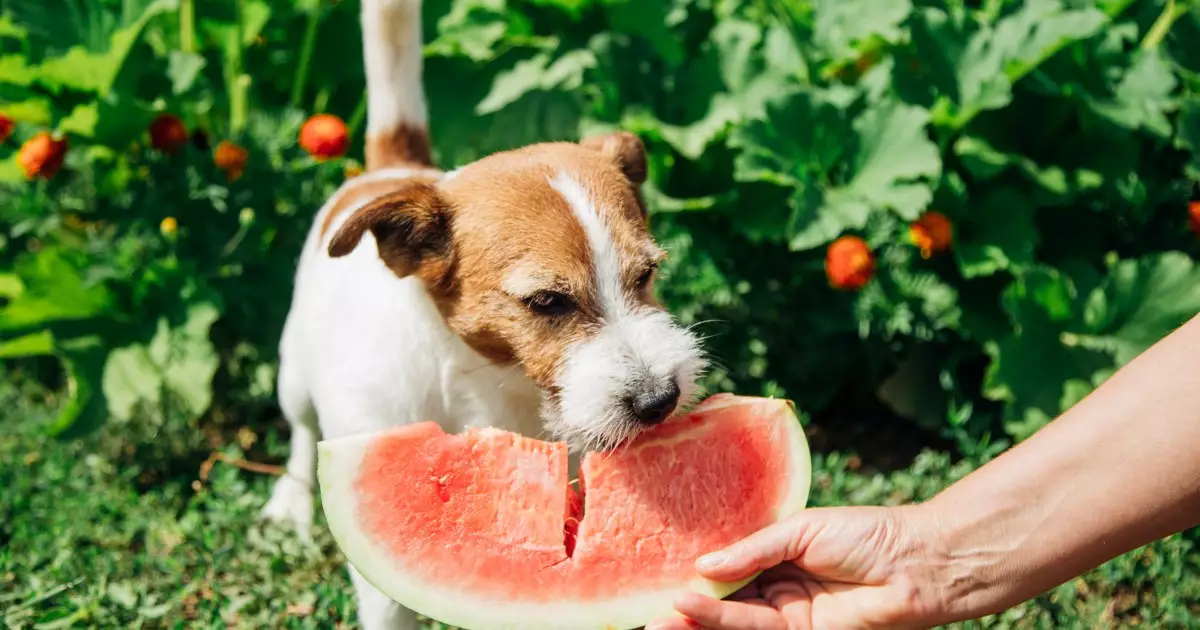As dog owners, we are often faced with the question of whether or not to share our food with our furry friends. This topic generates a significant amount of debate, with strong opinions on both sides. Many traditionalists advocate sticking strictly to commercial dog food, warning that human food could upset a dog’s delicate stomach. Yet, this view overlooks the fact that canine ancestors thrived on scraps from human meals. With careful selection and attention, offering dogs some human-friendly foods can contribute positively to their health and happiness.
The belief that feeding dogs human food can lead to gastrointestinal issues like diarrhea has unconsciously been ingrained into many pet owners’ minds. There’s a notion that dog food is specially formulated to meet all the dietary needs of canine companions, and deviations from this prescribed diet would ultimately be harmful. However, this argument is overly simplistic and ignores the very essence of a dog’s natural diet.
While it’s true that dogs have specific dietary requirements, many human foods meet these needs, provided they’re introduced sensibly. Each dog is unique; thus, understanding an individual dog’s dietary tolerance, allergies, or sensitivities is crucial when contemplating dietary changes. It’s a nuanced approach that bypasses the blanket statements often found in arguments against sharing human food.
When introducing new foods to your dog’s diet, moderation is key. Starting with small amounts allows for observation of how your dog reacts. In fact, an array of human foods can be safely incorporated into a dog’s diet and can offer various health benefits. For instance, small apple slices can contribute to fresher breath—just be cautious to remove the core, which poses a choking hazard.
Frozen blueberries, another delightful treat, can serve as a refreshing snack in warmer months. Their antioxidant properties make them a smart addition to your dog’s diet, providing a wholesome way to spoil them without compromising their health. Broccoli serves as an excellent source of fiber and Vitamin C when given in controlled amounts, while raw carrots should ideally be cooked or dehydrated to make them more digestible for dogs.
Furthermore, adding boneless chicken to your dog’s meals can bolster their protein intake, giving energy for the active lifestyle pets often lead. It’s essential to steer clear of chicken bones, which can splinter and potentially harm your dog’s digestive tract. Peanut butter, a common favorite, is a calorie-dense snack full of nutrients; however, owners must ensure they select products free of xylitol—a sweetener that could be very harmful to dogs.
There are numerous human foods that not only please a dog’s palate but can also result in significant health benefits. For instance, pumpkin is renowned for its digestive properties; a small amount can serve as a remedy for gastrointestinal upsets, such as diarrhea. Meanwhile, adding omega-3 fatty acids, often found in salmon, can do wonders for a dog’s skin and coat health as well as their immune system.
Eggs are another protein-rich choice that many dogs enjoy. If a dog is feeling under the weather or is picky about food, scrambled eggs can be an excellent option to ensure they receive essential nutrients. It’s also important to note that many dogs love watermelon, especially when it’s seedless. Watermelon can serve as a hydrating snack filled with vitamins that help support overall health.
Despite the array of beneficial human foods available for dogs, caution is paramount. Not every human food is safe for canine consumption. Foods like chocolate, onions, and grapes are unequivocally toxic to dogs and must be avoided at all costs. Moreover, it’s vital to observe your dog for any signs of food allergies—symptoms can sometimes manifest silently but can lead to significant health issues.
If any food does raise a red flag, consulting with a veterinarian is always a smart choice. Professional guidance can provide tailored advice for your specific dog’s nutritional needs and any allergies you may not be aware of.
Ultimately, the practice of sharing certain human foods with your dog can be beneficial if done responsibly. By understanding which foods promote canine health and which ones to avoid, pet owners can enrich their furry friends’ diets with wholesome options. By taking a thoughtful approach and maintaining open lines of communication with a veterinarian, dogs can enjoy a more diverse and nourishing diet, fostering a happier and healthier life overall.

